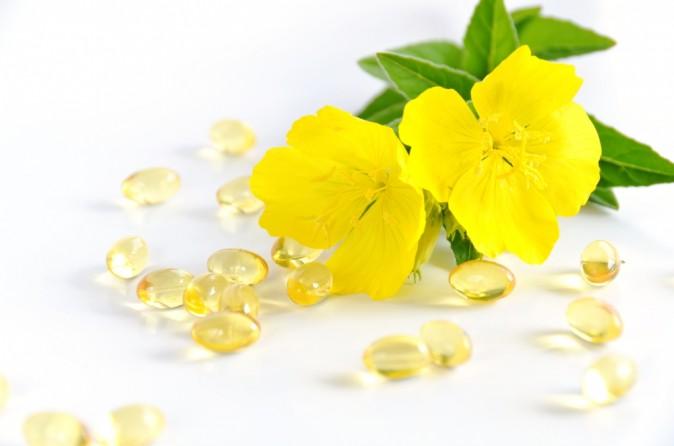A very daunting statistic: One in five Americans will develop skin cancer in the course of a lifetime.
There is something about being in the sun that sometimes makes it difficult to realize just how dangerous those warming, bright, relaxing rays can be. While we all need the Vitamin D that the sun provides, it can come with a very high price tag.





